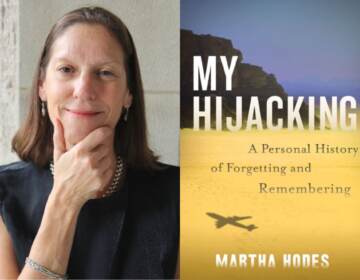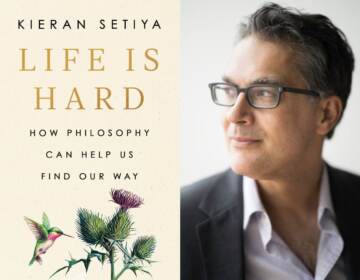Corona-somnia: Sleep disorders and the global pandemic
Struggling to fall asleep or stay asleep? The stress and uncertainty of COVID-19 increased rates of insomnia, restlessness and something called revenge bedtime procrastination
Listen 49:00
Since the beginning of the pandemic, people have experienced insomnia, trouble staying asleep and revenge bedtime procrastination. (BigStock)
Before the pandemic, nearly 70 million Americans struggled with a sleep disorder like insomnia. But the first stay-at-home orders and sudden lack of routine brought a unique set of challenges, as the uncertainty, stress and blurring of work and home life made it difficult for many to fall asleep or stay asleep. Why did Corona-somnia impact so many of us, and as we head back to work and school, what can we do to improve the quality of our sleep? This hour, we’re joined by DR. SIGRID VEASEY, Professor at University of Pennsylvania Perelman School of Medicineand researcher at Penn Center for Sleep and Circadian Neurobiology, and DR. WENDY TROXEL, Senior Behavioral Scientist at the RAND Corporation and author of “Sharing the Covers: Every Couple’s Guide to Better Sleep.”

Subscribe for more Radio Times
WHYY is your source for fact-based, in-depth journalism and information. As a nonprofit organization, we rely on financial support from readers like you. Please give today.





